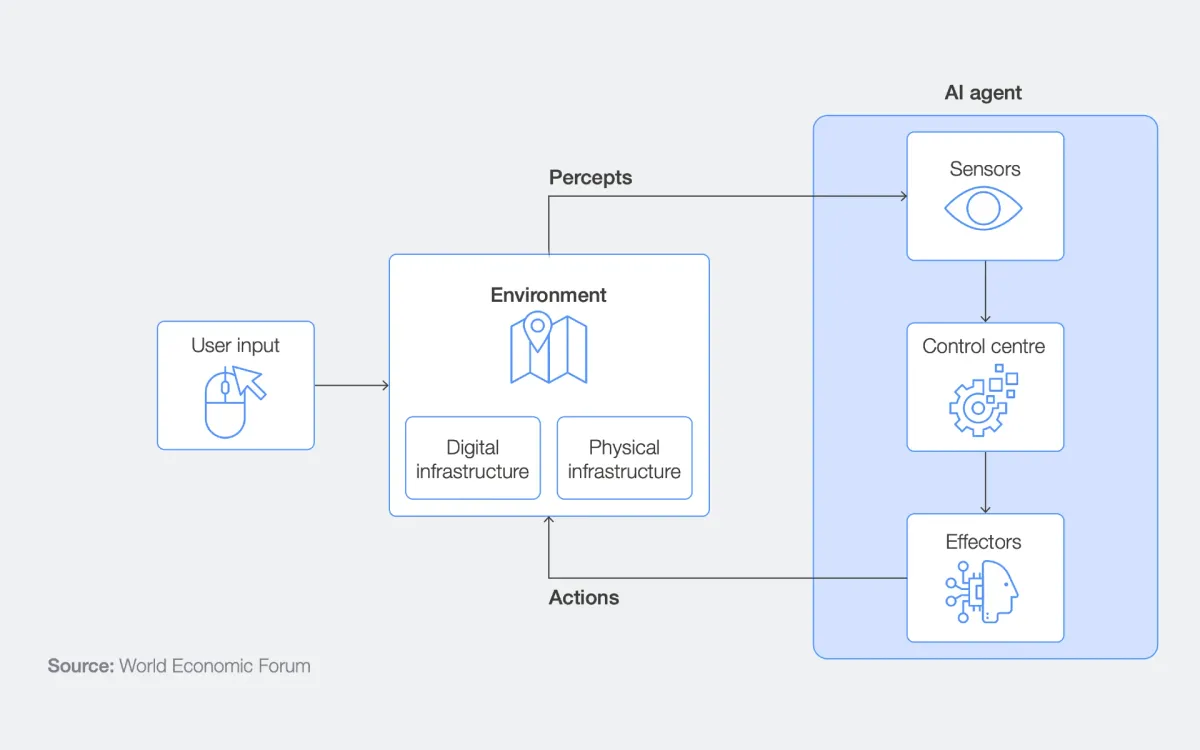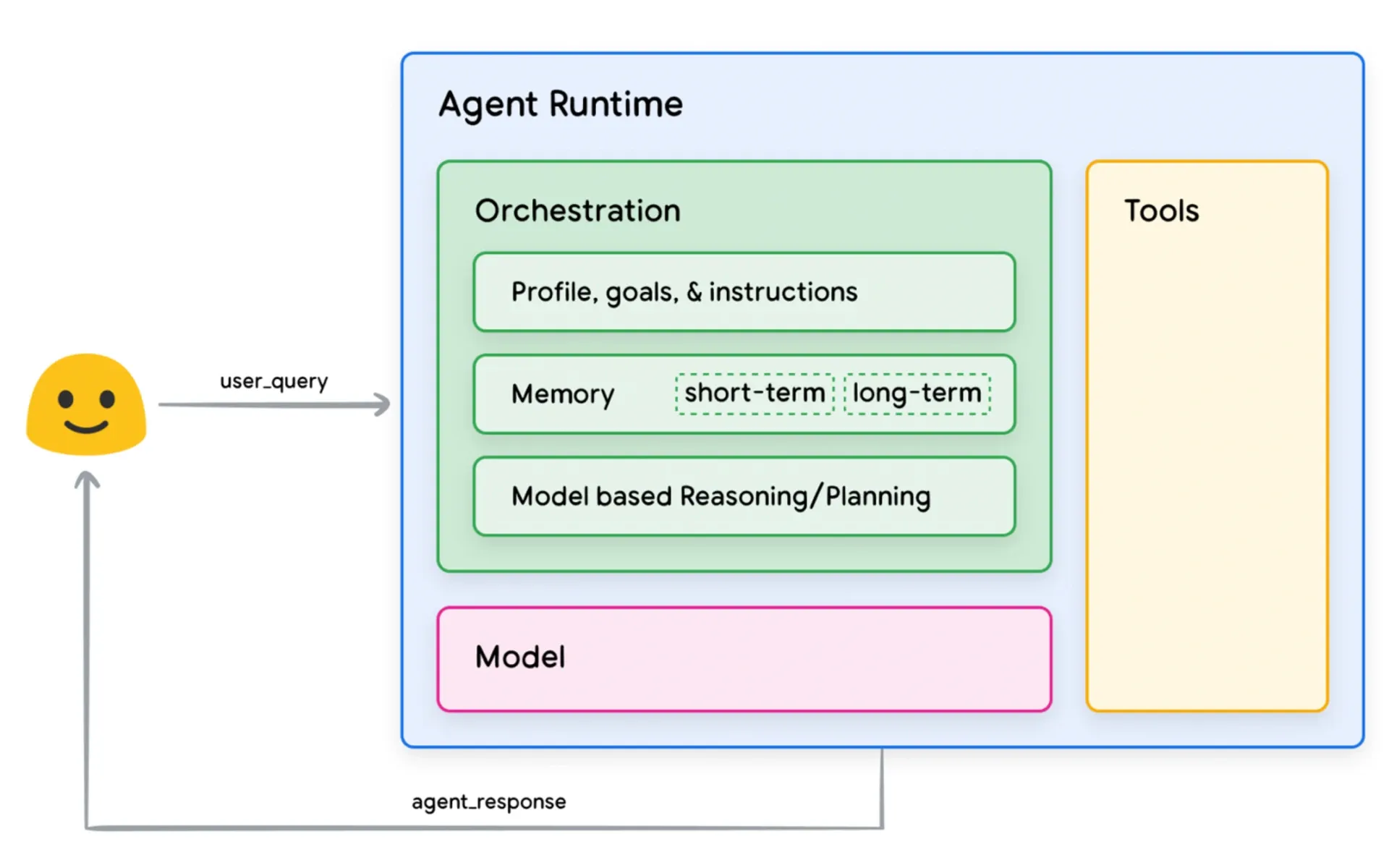
In a significant publication released on December 16, 2024, the World Economic Forum (WEF), in collaboration with Capgemini, introduced a comprehensive analysis of artificial intelligence agents and their growing impact across sectors. The white paper, titled Navigating the AI Frontier: A Primer on the Evolution and Impact of AI Agents, represents the first major institutional effort to categorize and analyze the implications of autonomous AI systems.
According to the International Organization for Standardization definition cited in the report, AI agents are autonomous systems that sense and act upon their environment using sensors and effectors. These systems operate independently and make decisions without constant human intervention within defined boundaries to achieve specified goals.
 PPC LandLuís Rijo
PPC LandLuís Rijo
The document, published three weeks ago, highlights how AI agents have evolved from simple rule-based programs to sophisticated entities capable of complex decision-making. Fernando Alvarez, Chief Strategy and Development Officer at Capgemini, emphasizes that AI agents are emerging as transformative tools redefining human interactions and societal operations.
The analysis reveals several distinct categories of AI agents. Simple reflex agents operate based on predefined rules, while model-based agents track environmental changes using stored information. More advanced goal-based agents consider future scenarios, and utility-based agents employ complex algorithms for intricate tasks lacking straightforward outcomes.
In healthcare applications, AI agents demonstrate potential for improving diagnostics and personalizing treatment plans. The report indicates that in under-resourced areas, these systems could help alleviate the workload of clinical specialists by assisting doctors in developing tailored treatment approaches.
The financial sector stands to benefit from enhanced fraud detection capabilities, with AI agents analyzing large datasets to identify patterns and trends. In education, the technology shows promise for personalizing learning experiences and supporting teachers with administrative tasks.
However, the report identifies significant challenges. The technical risks include potential malfunctions due to AI agent failures, particularly when highly plausible but incorrect outputs could lead to serious consequences. Security vulnerabilities present another concern, as more capable AI agents might enable automated cyberattacks requiring minimal technical expertise.
The socioeconomic implications demand careful consideration. The report warns about over-reliance on AI agents, particularly in high-stakes situations where human oversight becomes reduced. Increased automation of workflows could create vulnerabilities that malicious actors might exploit.
Jeremy Jurgens, Managing Director of the World Economic Forum, stresses the importance of ensuring AI development aligns with societal values. The report advocates for robust governance frameworks and cross-sector collaboration to address potential risks.
Ethical considerations form a crucial component of the analysis. The document emphasizes challenges in ensuring AI transparency and explainability, noting that many AI models operate as "black boxes," making decisions through complex and opaque processes. This lack of transparency raises concerns about accountability and trust.
The future trajectory points toward multi-agent systems (MAS), where multiple AI agents collaborate to address complex challenges. The report cites urban traffic management as an example, where various AI agents could work together to optimize traffic flow and improve safety.
The analysis concludes that while AI agents offer significant benefits for efficiency and innovation, their deployment requires careful consideration of safety, security, and governance measures. The report calls for stakeholders across technical, civil society, and governance communities to build consensus on novel governance mechanisms.
The World Economic Forum's publication serves as a foundational document for understanding the evolving landscape of AI agents. By outlining both opportunities and challenges, it provides a framework for responsible development and implementation of these technologies across various sectors of the global economy.
This comprehensive overview marks a significant step in addressing the complexities of AI agent systems, offering insights for business leaders, policy-makers, and stakeholders involved in shaping the future of AI development and governance.

